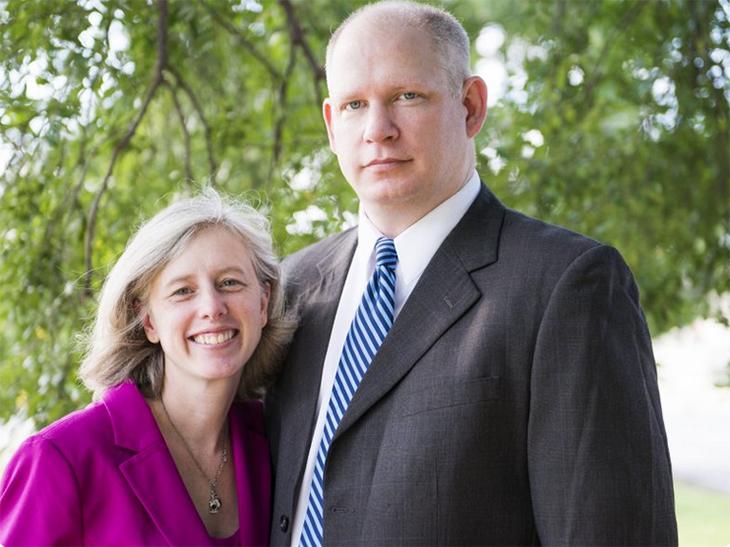Tackling the challenge of copyright duration
Below is an excerpt of an article titled, “Tale of the Tool: Two reluctant entrepreneurs turn the challenge of copyright duration into a business,” that originally appeared in the May 2016 issue of the American Bar Association Journal. Read the full text here.
Elizabeth Townsend Gard was researching British literature when it became clear that she would have to learn something about copyrights. It was 1994, and Gard was trying to start her dissertation on the author Vera Brittain, who is best known for her work set during World War I. She didn’t know much about copyrights; she wanted to be a history professor. But she needed Brittain’s writing to do her work, and it wasn’t clear whether she could use it legally.
“I asked my dissertation chair, ‘How do I know if I can use the material or if I can’t?’ and he said, ‘Just write on something else if there’s any chance the literary executor might be difficult,’” says Gard, now a professor at Tulane University Law School. “And I was really feisty, and I didn’t like that answer."
The Durationator takes basic information about a work and determines its copyright status in any country in the world in a fraction of the time that a human researcher would need.
But finding her own answer proved difficult. Whether a given work is under copyright in the United States is a complicated question. And because Brittain was British and her work is archived in Canada, Gard also had to consider those countries’ laws. To determine the status of the works would likely take a lawyer a few days of research — making legal help too expensive for a graduate student.
The Durationator was also covered in this article from the Taylor Center for Social Innovation and Design Thinking at Tulane.

